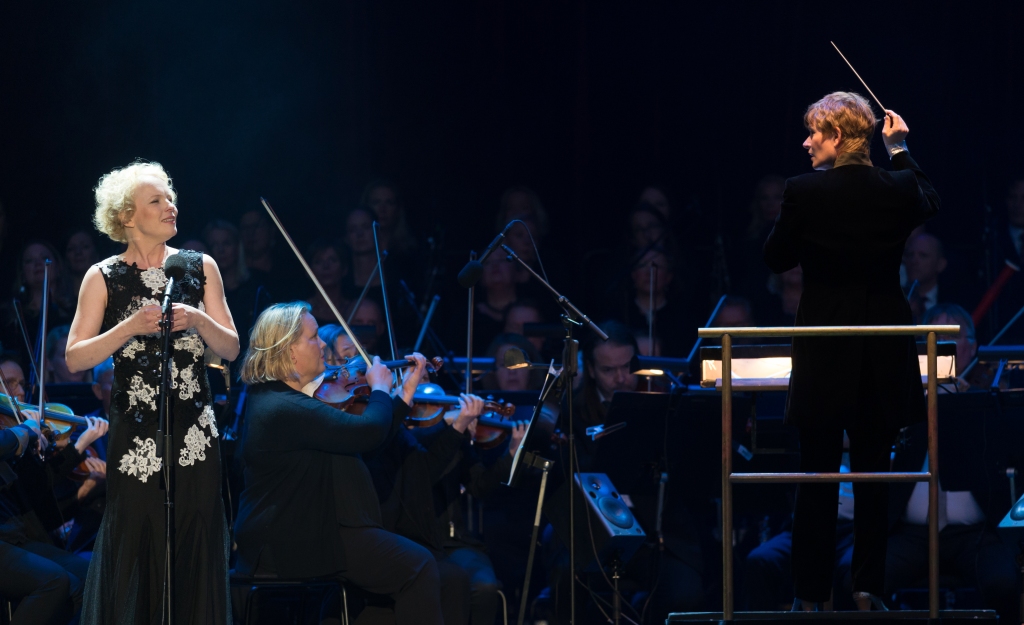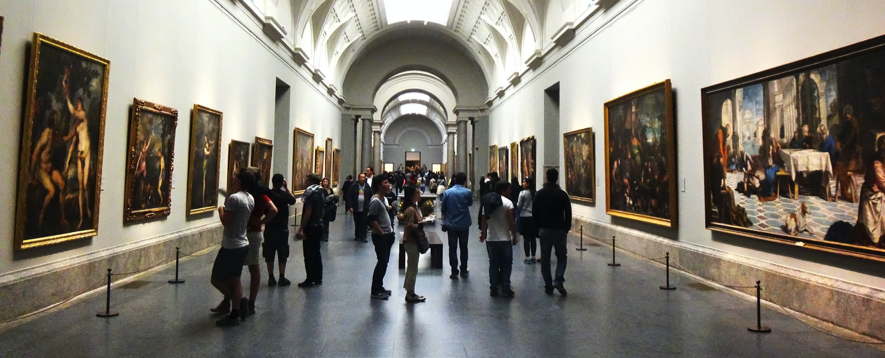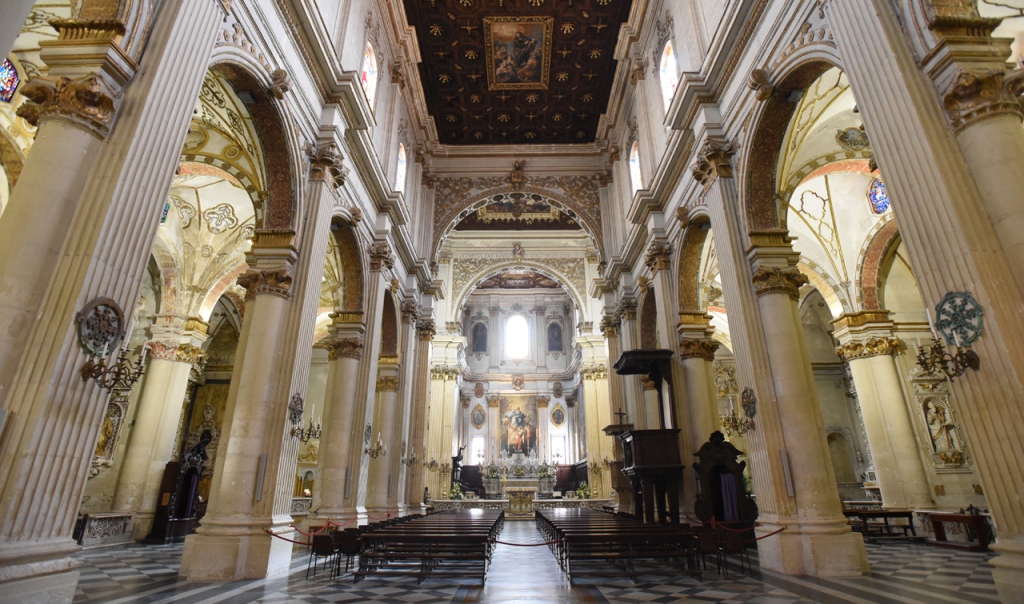
Ambitions for social inclusion have guided the publicly funded opera houses and symphony orchestras since the early twentieth century. However, this explicit policy goal has not influenced ticket prices during the last four decades. The successive ticket price increases have resulted in a situation where only the better off attend the performances.
Continue reading “HOW TICKET PRICES TO SWEDISH OPERA HOUSES AND SYMPHONY ORCHESTRAS HAVE BECOME INCREASINGLY EXCLUSIVE”




Recent Comments